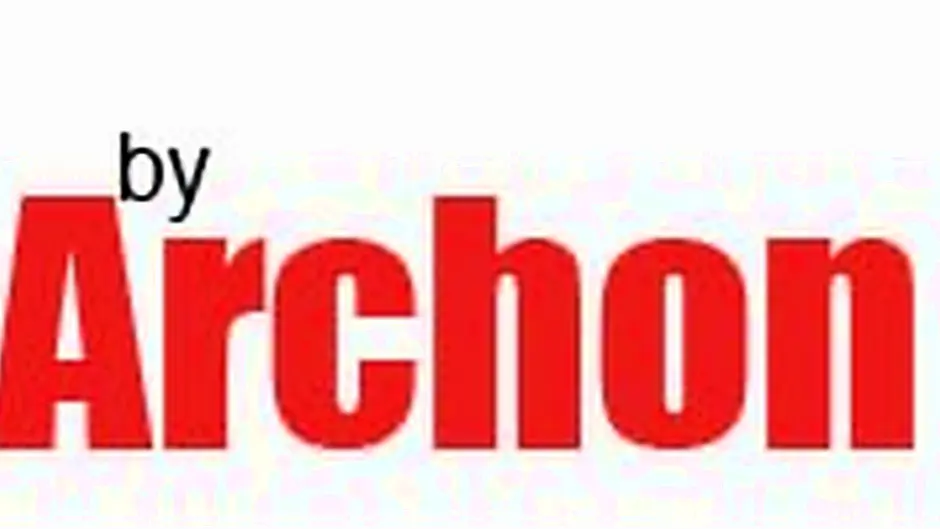Ah, where would we be without an auld blast from the past - particularly if it comes from Pat Rabbitte?
AH, where would we be without an auld blast from the past – particularly if it comes from Pat Rabbitte? His rant about RTÉ behaving as a ‘recruiting sergeant’ for Sinn Féin and other Left groups opposed to his government’s water charges was evocative of the golden days when his then political grouping, the Workers Party, ruled the roost in the studios of our national broadcaster.
In that distant era of avant-garde politics, ‘socialist revolution’ was the Workers Party mantra. To be a ‘Leftie’ was bliss, but to belong to one of the secret WP branches in RTÉ, such as the Ned Stapleton cumann, was heaven itself. (Well, not exactly ‘heaven’ in the sense of invoking religious sentiment, but certainly ‘heaven’ as a sort of orgasmic manifestation of Stickie ‘dialectical materialism’, if you get our drift!)
At that time, Section 31 operated with a ferocity that impressed even North Korea’s Kim Il Sung. Yet Workers Party operatives in RTÉ took censorship even further, ensuring that impartial analysis of the Northern conflict would not be part of their agenda, nor would any comment sympathetic to Sinn Féin be tolerated.
It was a brilliant strategy. As well as starving the nation of information on the North, RTÉ’s embedded opinion makers were able to play down reports of activities that might have embarrassed Workers Party associates – such as the Official IRA’s multi-million counterfeiting scam that originated in Cork. (Needless to say, Pat Rabbitte was a very respectable politician who knew absolutely nothing about the Official IRA and had no hand, act, part or interest in any of its operations. He did not work for RTÉ.)
Lopsided coverage
As well, RTÉ commentators debated issues without ever revealing their Workers Party membership. The deceit did immense damage to RTÉ’s reputation as an impartial broadcaster, the consequences of which endure to the present day.
So, with the Workers Party involvement still remembered as a shameful episode in broadcasting annals, it is with wry amusement that we now listen to Rabbitte’s and Tánaiste Burton’s allegations of imbalance and biased coverage of the water charge protests.
They make the bizarre accusation that RTÉ is attempting to ‘strangle Irish Water at birth’ and that the station relies on ‘distorted information, half-truths and bits of emails’ gathered from an eccentric source to carry out a villainous plan.
Nonsense, of course, but intriguingly, the assertion has all the connotations of the political underhandedness and backstairs influence once exercised by Rabbitte’s former comrades, and which were cynically intended to mould public opinion. Hopefully, Rabbitte’s recent off-the-wall censure will be perceived as a pathetic echo of bygone days, although still an assault on the democratic process.
According to media reports, RTÉ strongly denies the allegation of bias, while sources within the station insist that the broadcaster will not be bullied. In a statement, RTÉ said it was ‘happy that its coverage has been fair and balanced, with equitable representation of the range of views’.
Aggressive politicos
Yet, it’s hard not to suspect that Rabbitte’s intemperate criticism of RTÉ had a mischievous dimension: to gag coverage of the water protest movement just as the bills are dropping into the nation’s letter boxes.
And while it’s one thing for RTE to err occasionally when attempting to tread an impartial line, it’s something else to have a bunch of aggressive politicos using their Cabinet muscle to coerce the national broadcaster into spreading information that specifically reflects a controversial government line.
Pat Rabbitte probably will never stand again for election to the Dáil; such is the contempt in which his current party, Labour, is held.
So, it’s to be hoped that in retirement he’ll find time to enlighten the nation with reminiscences of the spectacular twists and turns of his political life. He might even throw light on a Monty Pythonesque instruction programme in North Korea that was enjoyed by activists of the old Workers Party outfit.
At the end of the 1980s, six enthusiastic lads set off for the proletarian paradise where members of the People’s Army introduced them to a rigorous course in self-defence and hand-to-hand combat, that sort of thing. Unfortunately, the exercises proved too much for the Paddies, and they went on strike! Said one participant: ‘Up at 6.30 am running around the parade ground in pitch darkness before breakfast. Not on. It was a load of bollocks’.
Quite taken aback, the North Koreans invited the revolutionaries to an amusement park to ‘raise the Irish morale’. To the surprise of our heroes, the military ordered them onto a merry-go-round and, uproariously laughing at the group’s embarrassment, they then photographed the Irish anti-imperialists hanging on to the wooden horses for dear life. Maybe Pat has a snap?
Novel take on polls
An excellent assessment by Adrian Kavanagh of two recent polls – the SBP-RedC poll and the Irish Times-Ipsos MRBI poll – was recently published on the Cedar Lounge website. Mr Kavanagh has a novel take on the results.
This is what he said in relation to the SBP-RedC poll: Independents and Others 28% (down 2%), Fine Gael 27% (up 3%), Fianna Fáil 18% (no change), Sinn Féin 17% (down 4%), Labour Party 10% (up 3%). Seats would be as follows: Fianna Fáil 32, Fine Gael 51, Sinn Féin 24, Labour Party 11, Independents and Others 40.
He comments: ‘Given that 80 is the necessary in a 158-seat Dáil and that at a bare minimum it is obvious that for all the talk of a recovery in the government parties’ vote, they’re still snookered. FG-Lab would get all of 62 seats, leaving them a good 20 short’.
Mr Kavanagh then goes on to study the implications of the Irish Times-Ipsos MRBI poll and comes to the conclusion that a similar problem prevails: Independents and Others 28% (down 4%), Fine Gael 24% (up 5%), Sinn Féin 24% (up 2%), Fianna Fáil 17% (down 1%), Labour Party 7% (up 1%)
Translated into seats this would mean Fianna Fáil winning 28, Fine Gael 46, Sinn Féin 40, Labour Party 4, Independents and others 40.
In other words, an arrangement involving FG and Labour would consist of 50 seats.
The distinguished psephologist argues that ‘the narrative being put about is one of “recovery” for Fine Gael and Labour and that the government is moving towards being in with a shout.’ But, he says, on the basis of poll results, there hasn’t been much of a recovery. And, having factored in the possibility of the new outfit, Renua, getting five seats, or that the Ross-led Independent Alliance, might get ten seats, they’re still short! ‘And by quite a way!’
Mr Kavanagh then makes the startling observation, as yet ignored in the national media – a that of a ‘notionally national government’. One that consists of FG, Labour and Fianna Fáil!









